All Stories
-
 Animals
AnimalsEndings make way for new beginnings for Earth and SN
Editor in chief Eva Emerson discusses major changes for life on Earth and at Science News.
By Eva Emerson -
 Animals
AnimalsReaders weigh in on mathematical animals and more
Animal math, dinosaur digestion and more in reader feedback from our December 10, 2017, issue.
-
 Paleontology
PaleontologyWith dinosaurs out of the way, mammals had a chance to thrive
The animals that lived through the great extinction event had a range of survival strategies to get them through.
By Meghan Rosen -
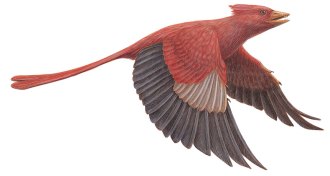 Life
LifeSome lucky birds escaped dino doomsday
Dino doomsday took out early birds too, but a lucky few survived.
By Susan Milius -
 Earth
EarthDevastation detectives try to solve dinosaur disappearance
Dinosaurs and others faced massive losses 66 million years ago from an asteroid impact, volcanic eruptions or maybe a mix of the two.
-
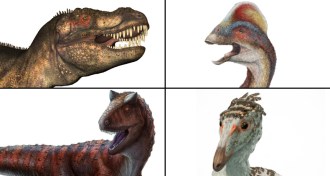 Paleontology
PaleontologyBony head ornaments signal some supersized dinosaurs
Bony headwear, like bumps and horns, is tied to bigger bodies in the theropod dinosaur family tree.
-
 Paleontology
PaleontologyAncient otter of unusual size unearthed in China
Fossils unearthed in China reveal a newly discovered, now-extinct species of otter that lived some 6.2 million years ago.
By Meghan Rosen -
 Paleontology
PaleontologyAncient giant otter unearthed in China
Fossils unearthed in China reveal a newly discovered, now-extinct species of otter that lived some 6.2 million years ago.
By Meghan Rosen -
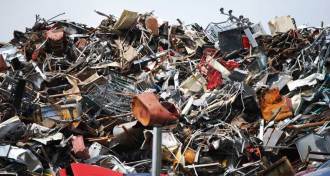 Environment
EnvironmentHumans’ stuff vastly outweighs humans
The human-made technosphere weighs 30 trillion tons and surpasses the natural biosphere in mass and diversity, researchers estimate.
-
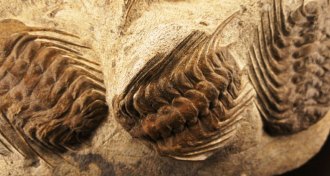 Life
LifeAsteroid barrage, ancient marine life boom not linked
Impacts from asteroid debris probably didn’t trigger the boom in marine animal diversity around 471 million years ago during the Great Ordovician Biodiversification Event.
-
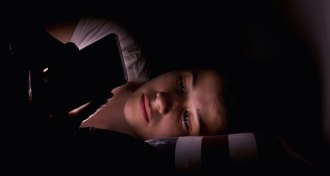 Health & Medicine
Health & MedicineA ban on screens in bedrooms may save kids’ sleep
Screens are associated with worse sleep in kids, and not just because of their lights and noises.
-
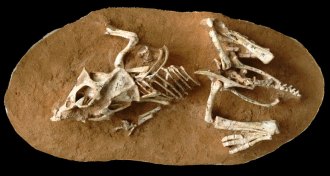 Paleontology
PaleontologyBaby dinosaurs took three to six months to hatch
Growth lines on teeth indicate a surprisingly long incubation period.